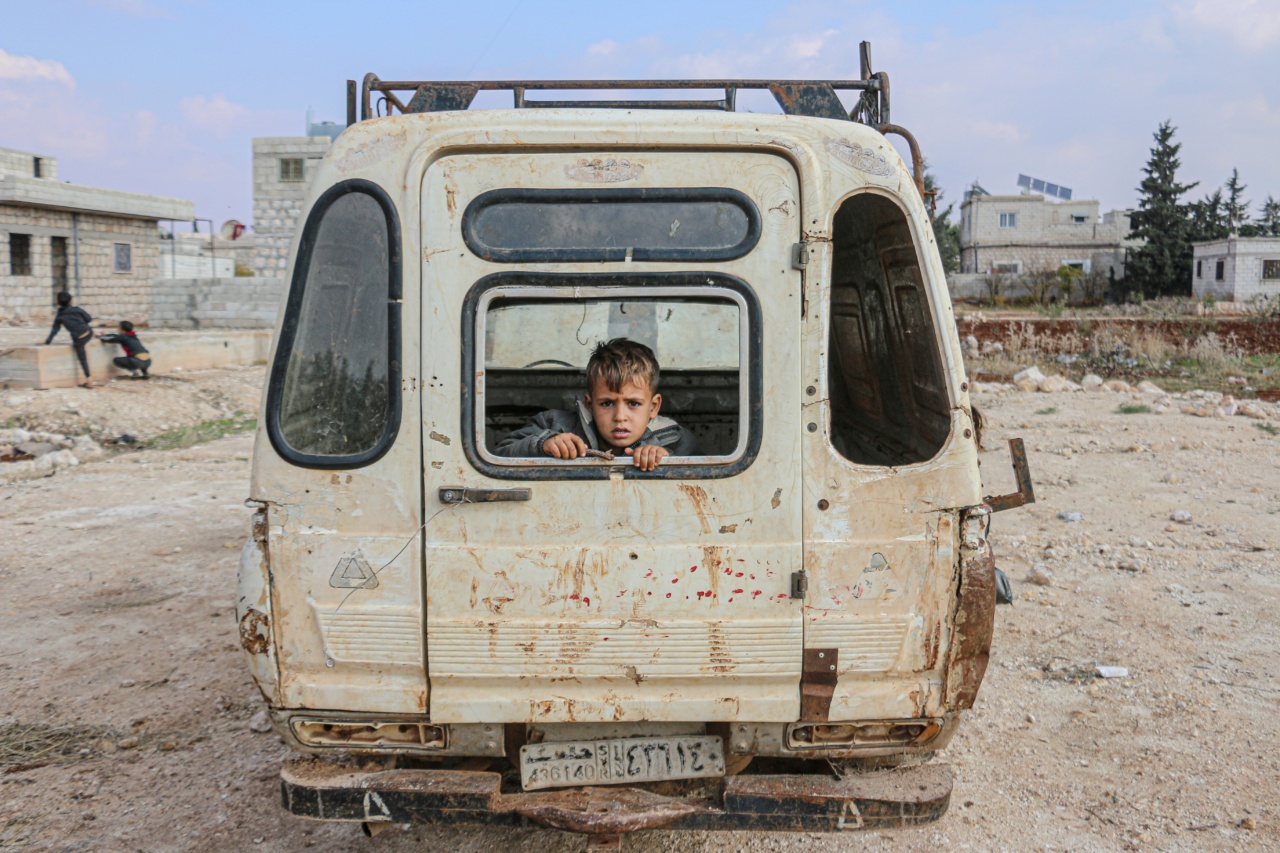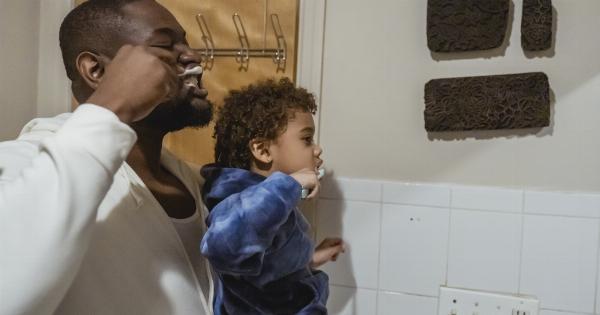Traveling with sick children can be a challenging and stressful task for parents.
The constant worry of their condition, the potential for messy accidents, and the difficulty in keeping them comfortable during long car journeys can make everyone unhappy. While it’s impossible to prevent sickness altogether, there are several things you can do to alleviate some of the stress and keep your child comfortable during car rides. Here are 10 tips on how to avoid unhappy car rides with sick children.
1. Prepare for the Journey
Before setting out on a car journey, it is important to prepare for the trip.
This means making sure that your child has all necessary medications, making a list of emergency numbers, packing extra clothing and blankets, and bringing along some snacks and drinks. Be sure to pack a bag of essentials for the journey that you can keep within easy reach.
2. Plan for Frequent Breaks
Sick children tend to require more frequent breaks than healthy ones. Plan to take more frequent stops to allow your child to stretch their legs, use the bathroom, or take medication.
This will help them remain comfortable during the journey and minimize the likelihood of any accidents.
3. Schedule the Journey around Sleep Time
If possible, try to schedule your journey around your child’s sleep time. This will help them rest during the journey, which can have a calming effect on them and prevent them from getting too restless.
A restful sleep can also help to strengthen their immune system, which is important when they’re feeling unwell.
4. Use a Car Seat Protector
If your child is sick and prone to vomiting, a car seat protector can be a good investment. This will protect your car seat from any mess and make for an easier clean-up, should any accidents occur.
5. Use a Seatbelt and Child Carrier
Make sure that your child is securely fastened in their car seat, booster, or carrier and that they are using the correct version for their age and weight. This will minimize the risk of injury in case of an accident.
6. Keep a Bag of Essentials Close By
As already mentioned, keeping a bag of essentials close by can be really helpful during car journeys. In addition to the snacks and drinks, make sure you have some tissues, wet wipes, and hand sanitizer at hand too.
Soiling due to sickness can be common among children, and this bag will help you clean up quickly and efficiently.
7. Use Air Fresheners
Using air fresheners in the car can help to neutralize any unpleasant odors that may result from sickness. If you don’t have any air fresheners, you can also use baking soda or fresh coffee grounds to absorb any smells.
Place an open container of either of these in the car before you set out on your journey.
8. Play Calming Music
Playing calming music in the car can have a soothing effect on your child and help them stay relaxed during the journey. Soft music or lullabies can help them rest better too.
9. Provide Distractions
Providing distractions such as books, coloring sheets, or toys, can help keep your child’s mind off their sickness and make the journey more enjoyable.
You can also engage them in simple games like I-spy or counting cars that you see along the way.
10. Check in with your doctor
If your child has a particularly serious illness, it is always a good idea to check in with their doctor before embarking on any long journeys.
Your doctor may have some advice or medication that can help your child feel more comfortable during the journey, or they may be able to suggest alternative modes of transport that may be better suited to your child’s condition.
Conclusion
Traveling with sick children is never easy, but by following these tips, you can minimize stress and avoid unhappy car journeys.
Remember to prepare for the journey, plan for frequent breaks, schedule your journey around sleep time, and keep a bag of essentials close by. Use a car seat protector, keep your child securely fastened, use air fresheners, play calming music, and provide distractions. Finally, always check in with your doctor, especially if your child has a serious illness.































